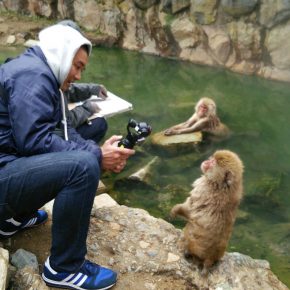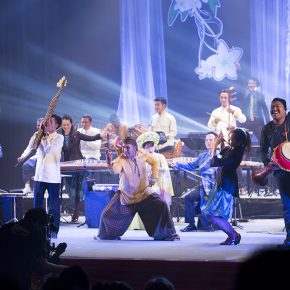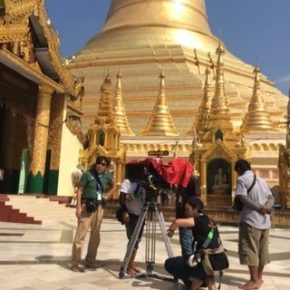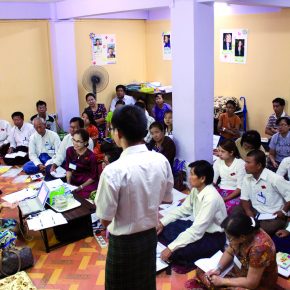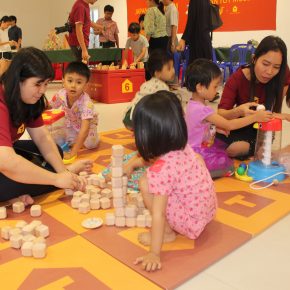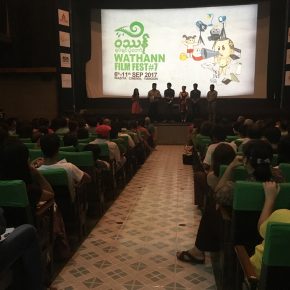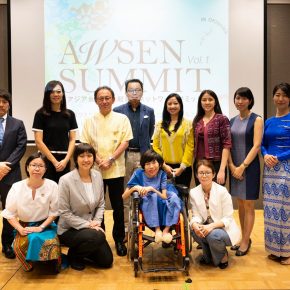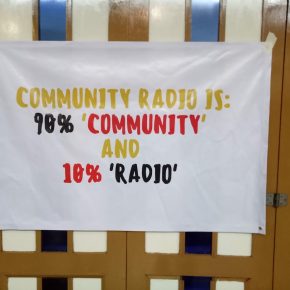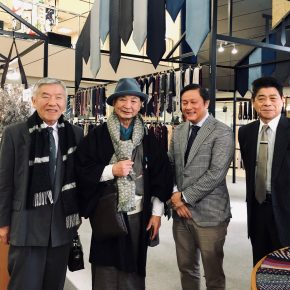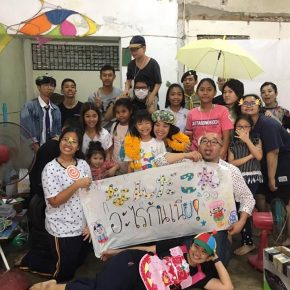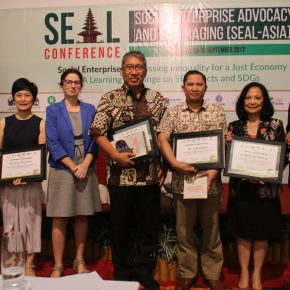Introduce and popularize Japanese “radio exercises (TV exercises)” to establish a friendly relationship with Japan and promote the health of Asian children, who are vital to the future. In the first year, the program was implemented in the Buddhist country of Myanmar, taking place at old temple schools and elementary schools. Additionally, by introducing Japanese language and culture, as well as promoting lifetime sports, the bond between regions and ages will be strengthened.
Achievements of FY 2016 https://grant-fellowship-db.asiawa.jpf.go.jp/en/grant/cc1650/
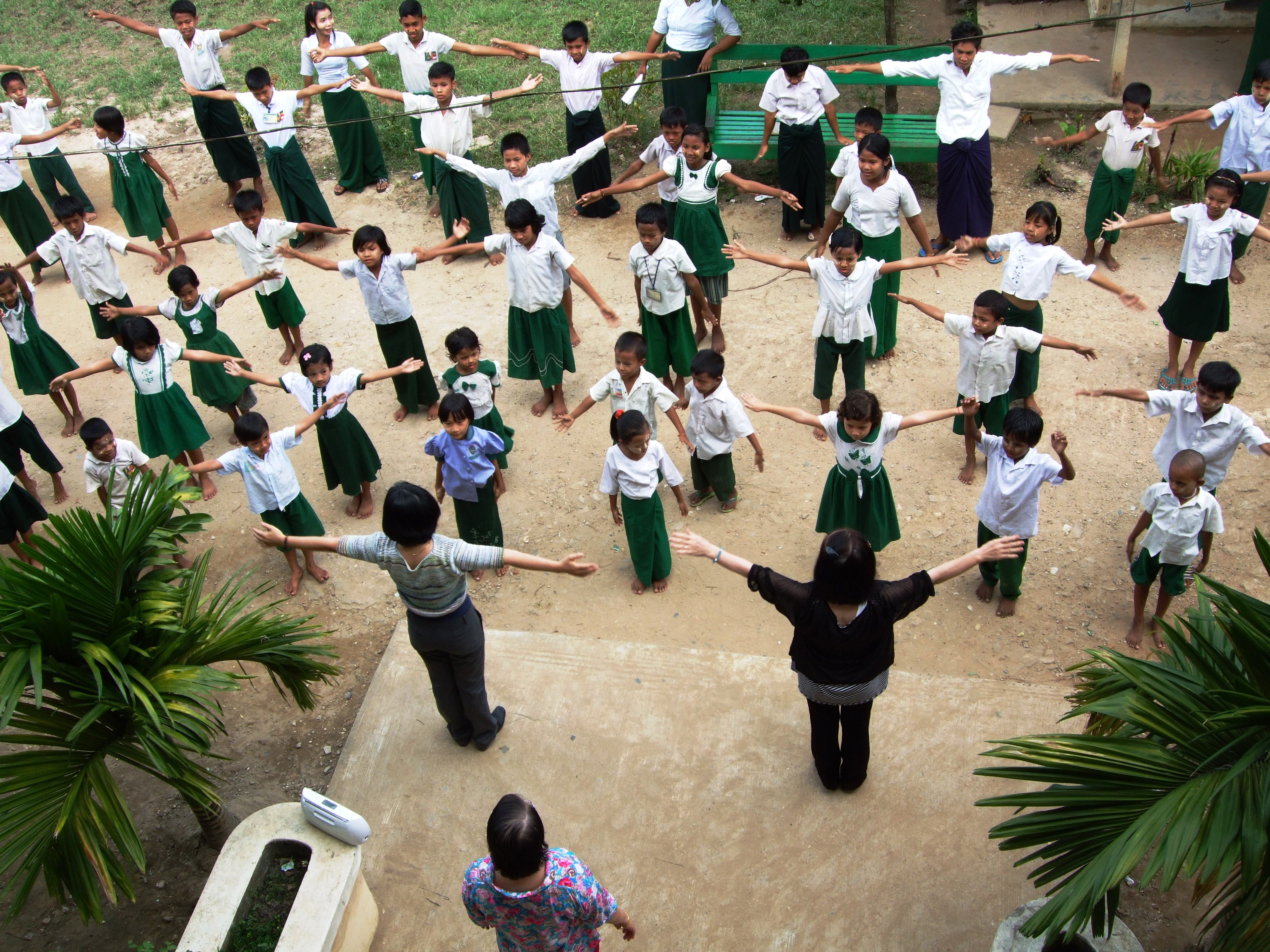
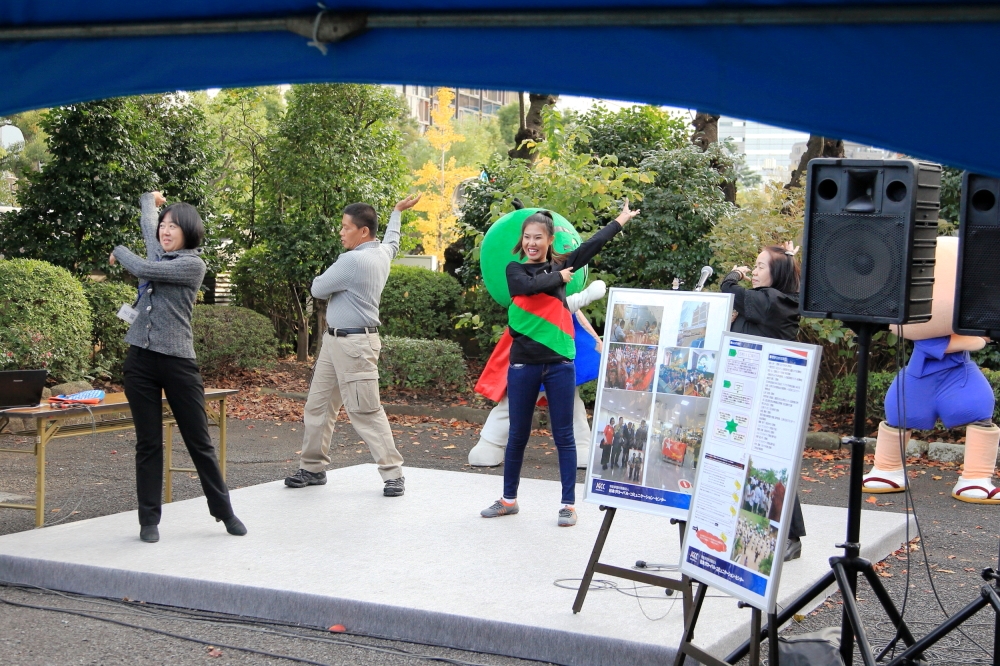
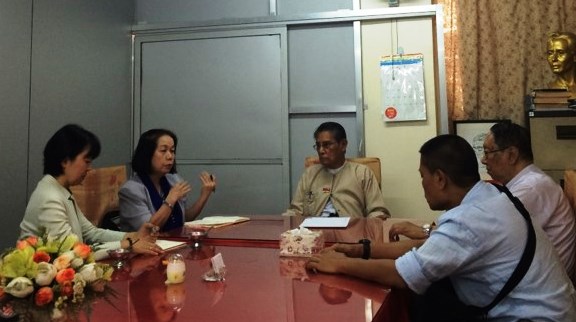
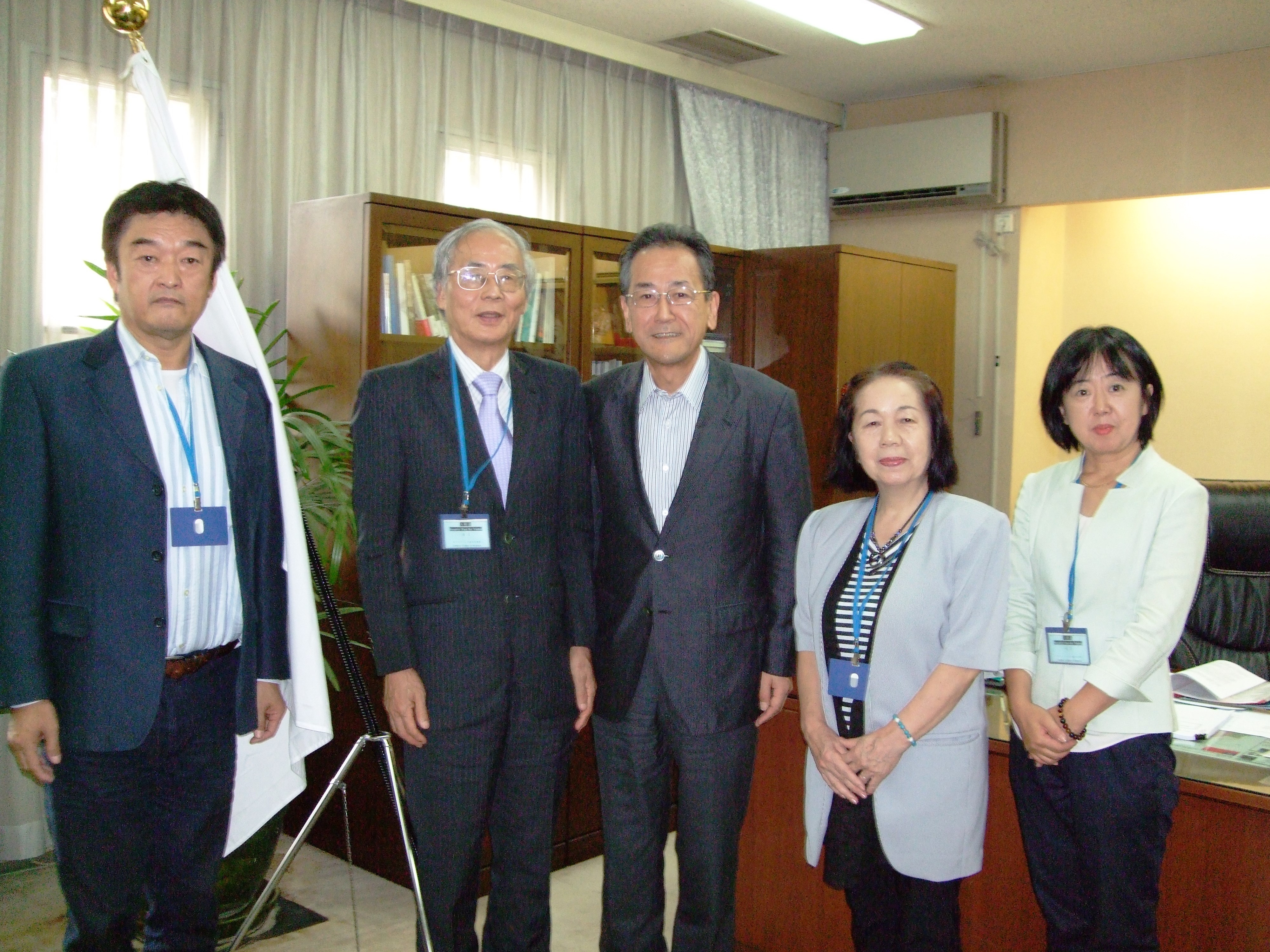
- Related Countries
- Japan, Myanmar
- Co-organizer(s), Cooperator(s)
- NLD (National League for Democracy), Myanmer
From the Organizer
Roughly 400 children at several schools managed by the NLD (National League for Democracy, party leader Aung San Suu Kyi) experienced radio exercises. The NLD’s Ten Wu commented, “If the NLD wins the election, we would love to popularize radio exercises in Myanmar. It’s important for nurturing discipline in our citizens.” According to Ambassador Higuchi of the Embassy of Japan in Myanmar, “We are currently cooperating with the modernization of Myanmar postal service, and there may be an idea of how to connect it with radio exercises.” At the Myanmar Festival (Shiba, Zojoji Temple), exchanges between Myanmar and Japan through radio exercises were showcased. Nyan Win, the NLD’s legal advisor, who was visiting Japan, also participated. The “radio exercises” at the three trips to Myanmar, the Myanmar Festival at Shiba, Zojoji temple all received much interest. In particular, during the first trip to Myanmar, staff members from the Ministry of Information and Ministry of Education in Naypyidaw who watched sample footage (NHK radio exercises, Hatsune Miku radio exercises, and English radio exercises implemented at Japanese schools, taking place at the courtyard with all students), and showed a deep interest. The Ministry of Information requested to have the footage provided to them for the purpose of airing. We also received requests for stamp cards and prizes to be given to teachers during lectures on the effects of radio exercises for NLD related elementary schools and Uttara monk schools. It can be said that a steady start for the popularization of radio exercises in Myanmar has been achieved.
